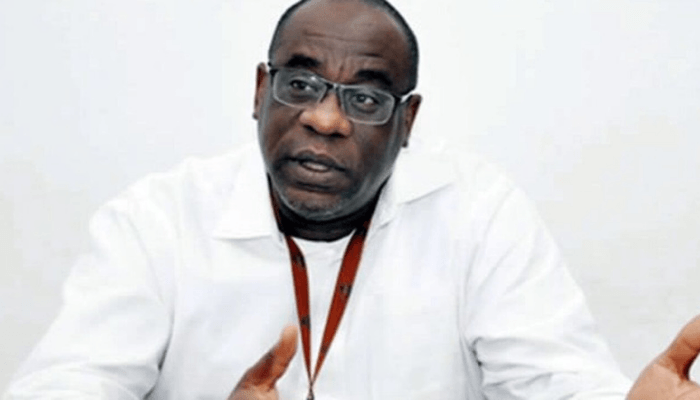
Stagnant labor incomes have pushed an estimated 14 million more Nigerians into poverty in 2024.
This is according to the World Bank report titled Macro Poverty Outlook: Country-by-Country Analysis and Projections for the Developing World.
The report reveals that nearly 47% of Nigerians now live below the international poverty line of $2.15 per day, as economic pressures and rapid population growth further strain the nation’s resources.
To address the swelling poverty rate, the Nigerian government has launched cash assistance programs aimed at 15 million households, with each household slated to receive N75,000 across three instalments, reaching approximately 67 million individuals.
Despite these measures, the World Bank projects poverty to reach 52% by 2026 if economic reforms are not intensified to protect vulnerable Nigerians from inflation and create more productive job opportunities.
While the Central Bank of Nigeria (CBN) has raised the monetary policy rate by 850 basis points from February to September 2024 and increased the cash reserve ratio to curb inflation, these efforts have yet to fully restore purchasing power, the report notes.
The World Bank stresses that macroeconomic stabilization alone will not enable Nigeria to achieve its growth potential
It stressed the urgency of reform as the country faces challenges of economic growth lagging behind population expansion.
It also called for a comprehensive approach to bolster resilience and create sustainable pathways out of poverty for the millions affected.





